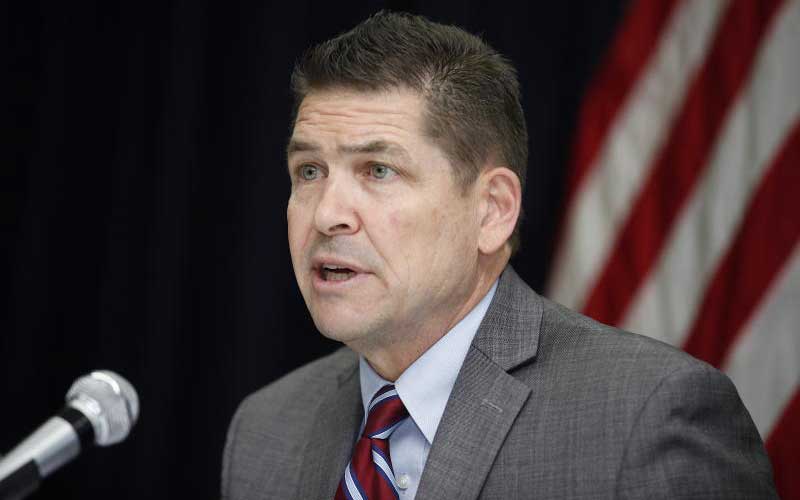×
The Standard e-Paper
Kenya’s Boldest Voice

The US ambassador to Kenya Kyle McCarter is not afraid of showing displeasure. His verified Twitter page is one of the places he goes to express his unfiltered opinions on emerging issues. On Friday evening, he engaged his followers in an animated debate over Nairobi-Mombasa Highway. He was reacting to media reports that the US government has ditched the project due to corruption by Kenyan government.
“There is so much wrong with this article, I do not know where to start to respond. Total RUBBISH,” he said.